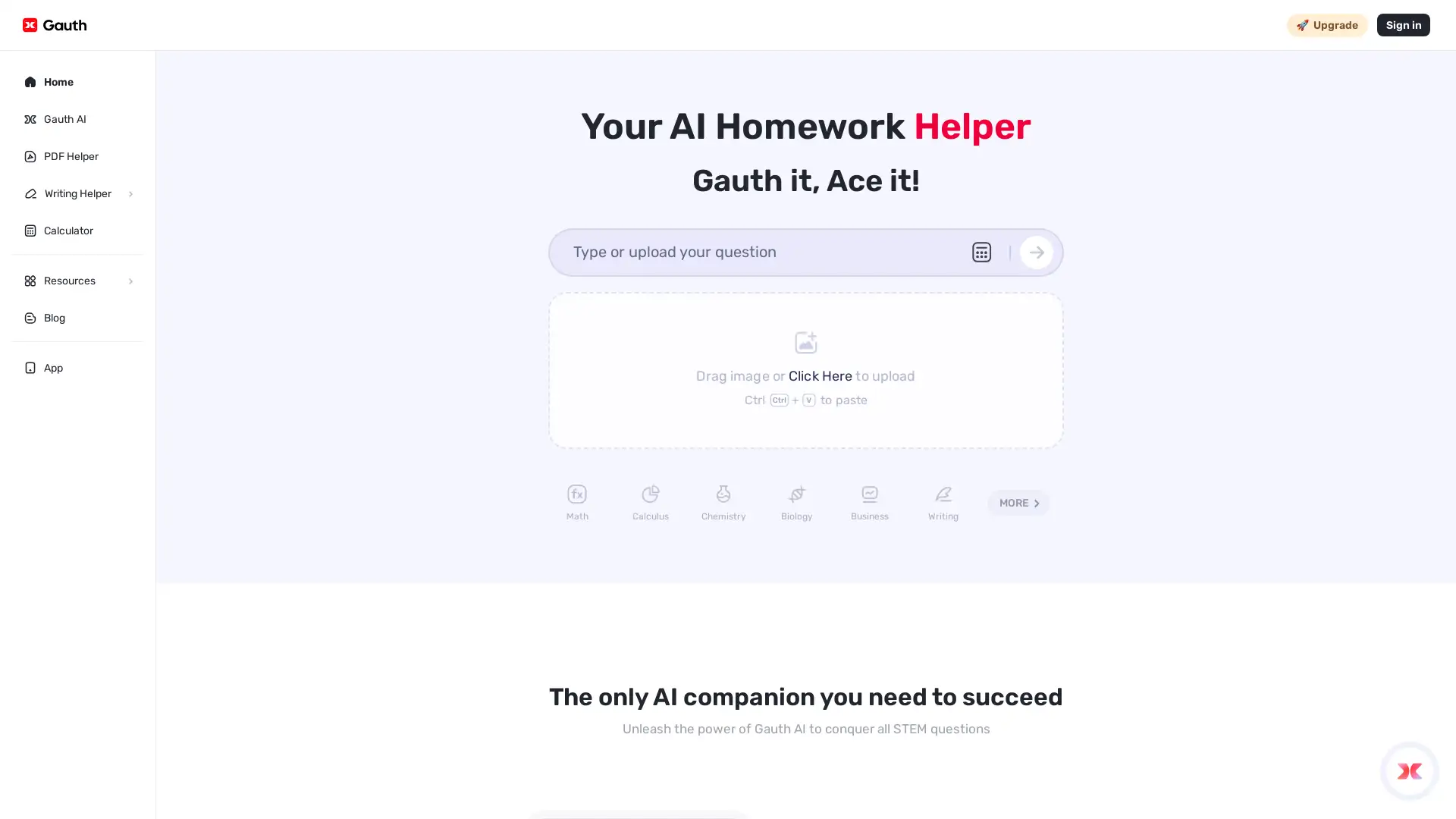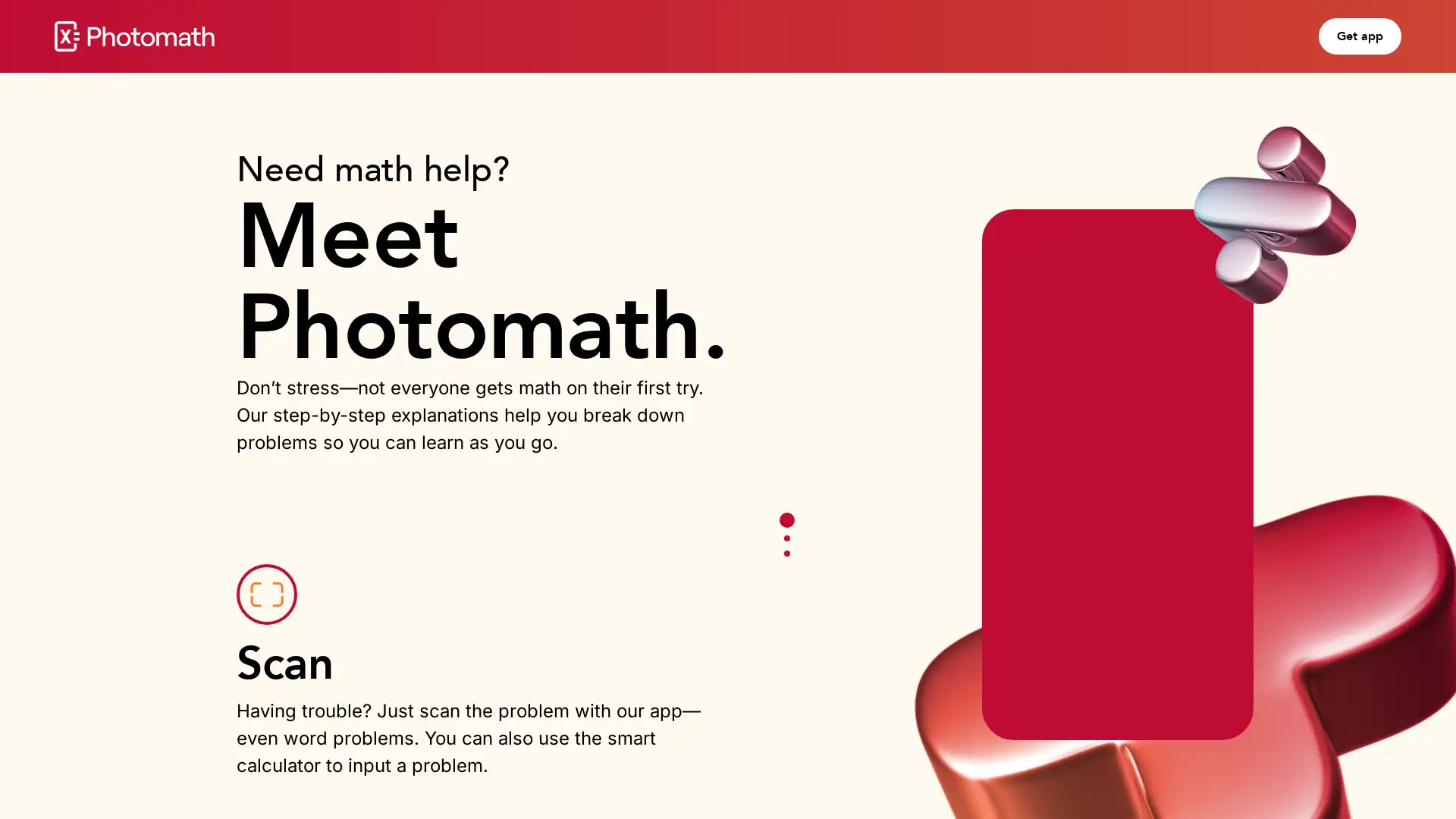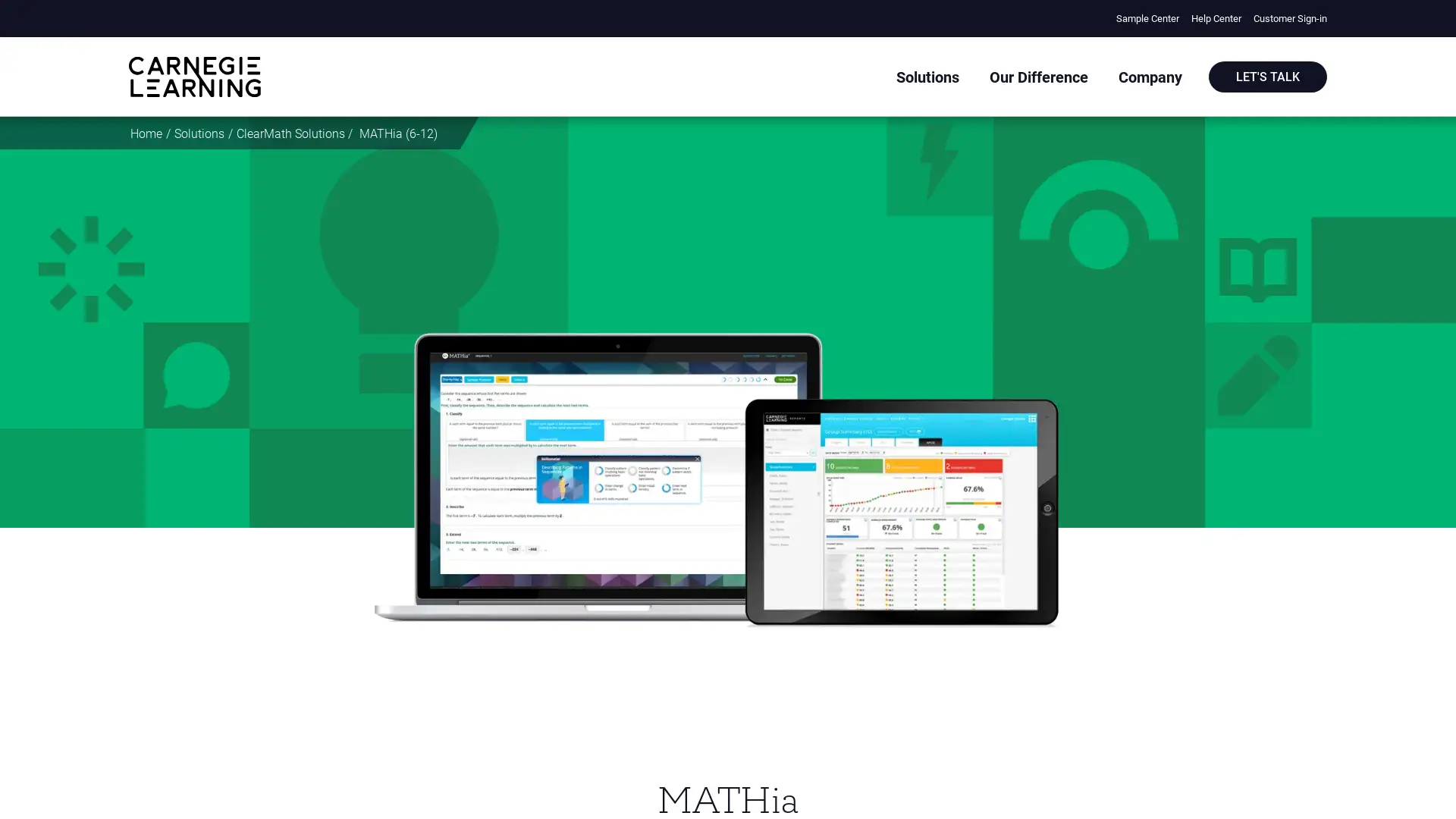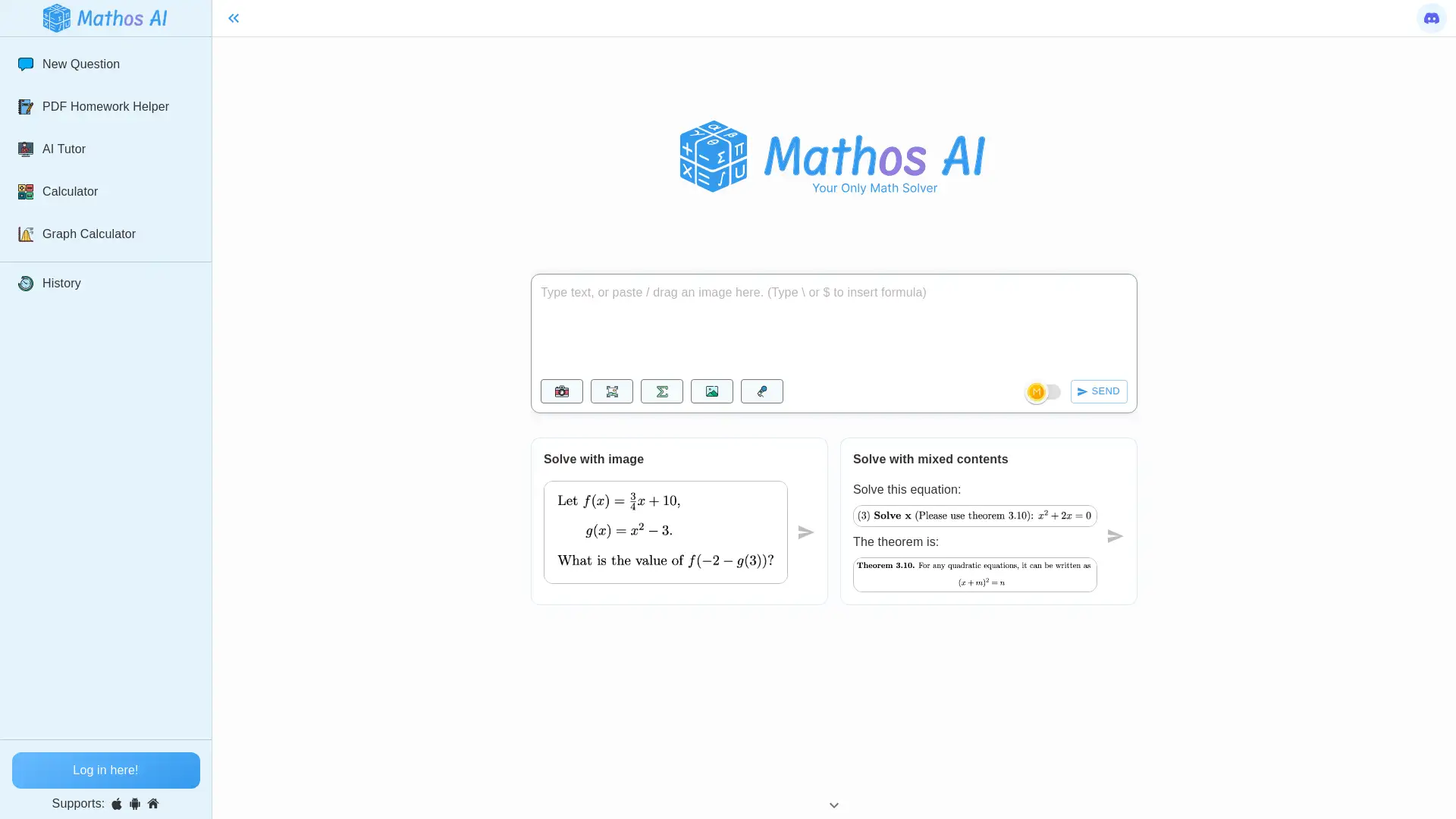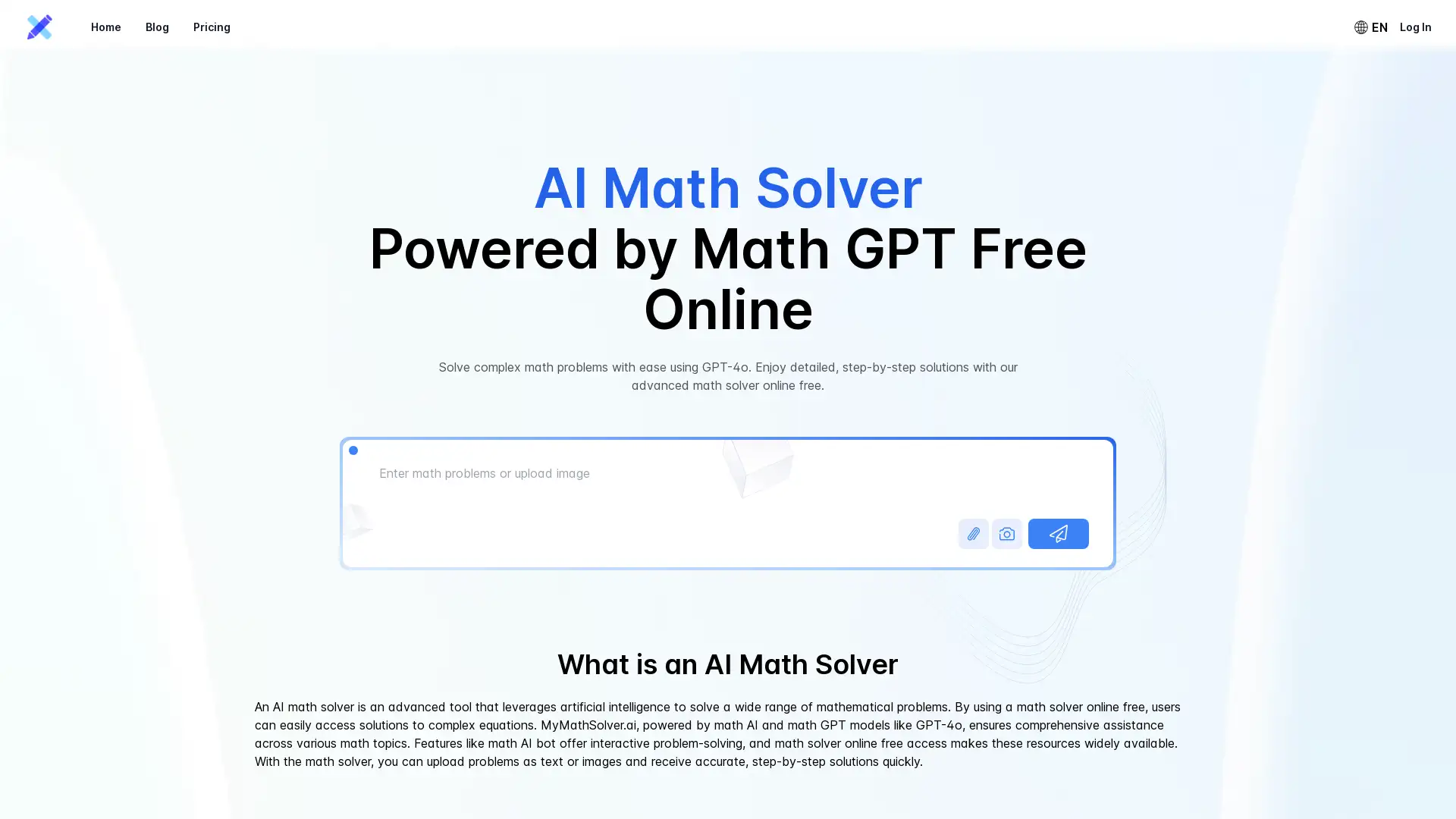Best 6 AI Tools for Math Tutoring in 2024
Gauthmath, StepWisemath AI, Photomath, Mathia, MathGPT Pro, AI Math Solver are among the best paid and free Math Tutoring tools available.
Understanding AI Tools for Math Tutoring
AI tools for Math Tutoring are advanced software applications designed to enhance and simplify the process of learning and teaching mathematics. Leveraging artificial intelligence, these tools provide interactive, personalized, and adaptive learning experiences tailored to each student's needs. These tools help solve math problems, explain complex concepts, and offer tutoring support for a range of topics from basic arithmetic to advanced calculus, making them an invaluable asset in modern education.
Key Features of AI-Based Math Tutoring Tools
AI math tutoring tools are known for their powerful adaptability, offering a personalized approach to learning by analyzing students' problem areas and customizing lessons accordingly. Features include step-by-step problem solving, instant feedback, and the ability to adjust difficulty levels. Some tools offer multi-language support, technical help for both students and teachers, web integration for resource gathering, visual aids like graphs or diagrams, and data analytics to track progress over time. The ability to provide instant solutions and explanations sets them apart in the learning environment.
Who Benefits from AI Math Tutoring Tools?
The primary users of AI math tutoring tools are students from grades 6-12, educators seeking to enhance their teaching methods, and parents looking to support their children's learning. The tools are user-friendly, allowing even those without coding experience to access personalized tutoring. For advanced users like educators or developers, customization options offer deeper control over lesson plans and content creation, making them a versatile resource for a wide range of learning needs.
Further Insights into AI-Driven Math Tutoring Solutions
AI tools in math tutoring are becoming integral in modern educational settings due to their adaptability and user-friendly design. They seamlessly integrate into existing systems, helping teachers and students collaborate more efficiently. The real-time, data-driven insights provided by these tools allow educators to focus on students' weaknesses and provide more targeted instruction, while students benefit from an interactive, engaging, and effective learning process. These tools are continuously evolving to offer even more personalized and insightful tutoring solutions across various levels of math education.
